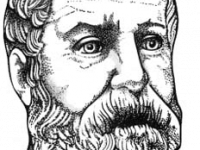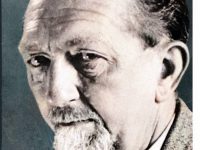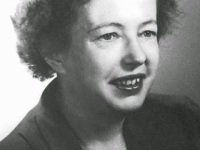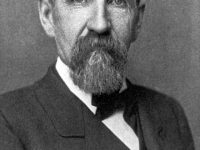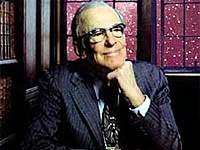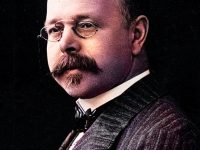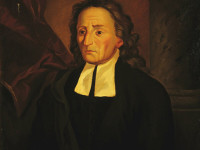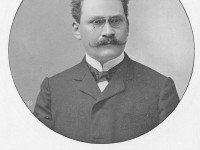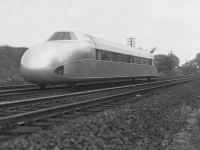Hero of Alexandria and his Amazing Experiments
Hero of Alexandria was a Greek mathematician and engineer who was active in his native city of Alexandria, Roman Egypt in the first century AD. He is considered the greatest experimenter of antiquity. Among his most famous inventions was a windwheel, constituting the earliest instance of wind harnessing on land, as well as the well recognized description of a steam-powered device called an aeolipile. The Problem with the Date A major difficulty…
Read more

